newbie questions about composting
daisy08(London UK)
8 years ago
Featured Answer
Sort by:Oldest
Comments (79)
daisy08(London UK)
8 years agofloral_uk z.8/9 SW UK
8 years agoRelated Discussions
Newbie Compost/Safety Questions
Comments (2)All sounds like standard good compost additions and certainly nothing harmful for growing food. The brown bags are made for composting so quite safe and while fresh manure use around food has concerns, composted is fine. You may want to do some reading over on the Soil & Compost forum here for lots more details on the whole "connection between dirt and food". ;) You have built what is sometimes referred to as a "lasagna bed" so Google 'lasagna garden' too for even more tips and techniques. Happy gardening. Dave...See MoreNewbie composter question about UCG's
Comments (4)I've noticed a good soaking rain keeps mine too wet. I've since covered it with tarps (bad odor after rain=too much water). My rule of thumb for my compost pile is if it naturally decomposes and used to be a plant, it goes in the compost pile. A lot of people add bones and meat products to theirs, and the only reason I don't is because my dogs would tear my piles up. It sounds like you need more greens in your pile. I am new to this too, but you are definitely in the right place to get help with composting, the posters on here are wonderful, and no question is a dumb question. They have taught me a lot in a few short weeks....See MoreNewbie question about compost
Comments (6)In a properly made compost pile that the bacteria are working on and generating heat the material will be too hot for earthworms, which is why in a compost pile earthworms are not significant processors of the material. Red worms, or Red Wigglers, work in a vermicomposting process which is different then regular composting. Vermicomposting materials are kept wetter than a compost pile since the worms need much more moisture then would the bacteria that are digesting the materiasl in that compost pile. Here is a link that might be useful: Composting Tutorial...See Morenewbie question on compost
Comments (5)Welcome to the forum, James. I'm not clear if you're talking about leaves already on the ground or leaves yet to fall. Also not clear is the weed killer type...sprayed or granular. If the weed killer was sprayed onto already fallen leaves (probably not) then I would not use those leaves for compost. If it was a granular product then I would prolly use the leaves but only after a good rain had fallen or otherwise well-watered into the soil. Otherwise, I'd pass on the already-fallen leaves (weed-killer contaminated). Wait an collect some freshly fallen ones after the old ones have been collected & disposed of....See Moredaisy08(London UK)
8 years agotoxcrusadr
8 years agogardenshine
8 years agokimmq
8 years agodaisy08(London UK)
8 years agokimmq
8 years agofloral_uk z.8/9 SW UK
8 years agolast modified: 8 years agodaisy08(London UK) thanked floral_uk z.8/9 SW UKdaisy08(London UK)
8 years agodaisy08(London UK)
8 years agochigardenlady
8 years agofloral_uk z.8/9 SW UK
8 years agoUser
8 years agogumby_ct
8 years agochigardenlady
8 years agogumby_ct
8 years agochigardenlady
8 years agoryan8king_sc_lowcountry_z8
8 years agofloral_uk z.8/9 SW UK
8 years agodaisy08(London UK)
8 years agokimmq
8 years agochigardenlady
8 years agokimmq
8 years agoBeth Walsh
8 years agokimmq
8 years agotoxcrusadr
8 years agodaisy08(London UK)
8 years agodaisy08(London UK)
8 years agolast modified: 8 years agoarmoured
8 years agodaisy08(London UK)
8 years agoVal
8 years agoarmoured
8 years agotoxcrusadr
8 years agoVal
8 years agogumby_ct
8 years agoarmoured
8 years agolast modified: 8 years agotoxcrusadr
8 years agoJohn Donovan
8 years agogumby_ct
8 years agotoxcrusadr
8 years agoarmoured
8 years agogumby_ct
8 years agogarrai818
8 years agodrmbear
8 years agogarrai818
8 years agogumby_ct
8 years agoJohn Donovan
8 years ago
Related Stories
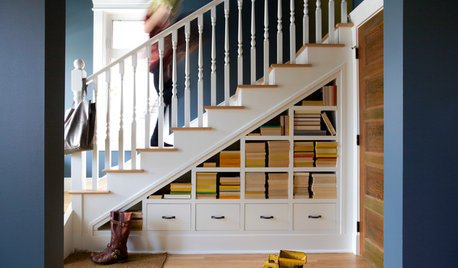
ORGANIZINGPre-Storage Checklist: 10 Questions to Ask Yourself Before You Store
Wait, stop. Do you really need to keep that item you’re about to put into storage?
Full Story
GARDENING GUIDESGet on a Composting Kick (Hello, Free Fertilizer!)
Quit shelling out for pricey substitutes that aren’t even as good. Here’s how to give your soil the best while lightening your trash load
Full Story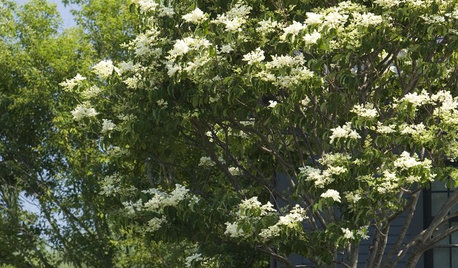
GARDENING GUIDESNo-Regret Plants: 5 Questions Smart Shoppers Ask
Quit wasting money and time at the garden center. This checklist will ensure that the plants you're eyeing will stick around in your yard
Full Story
GARDENING GUIDESNew Ways to Think About All That Mulch in the Garden
Before you go making a mountain out of a mulch hill, learn the facts about what your plants and soil really want
Full Story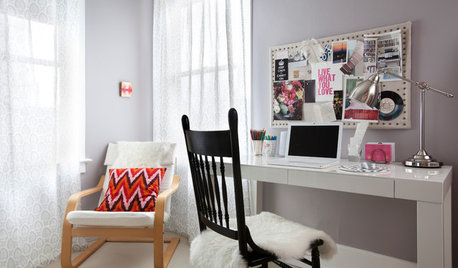
WORKING WITH PROS10 Things Decorators Want You to Know About What They Do
They do more than pick pretty colors. Here's what decorators can do for you — and how you can help them
Full Story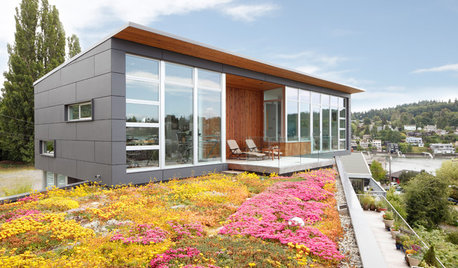
CONTRACTOR TIPSBuilding Permits: What to Know About Green Building and Energy Codes
In Part 4 of our series examining the residential permit process, we review typical green building and energy code requirements
Full Story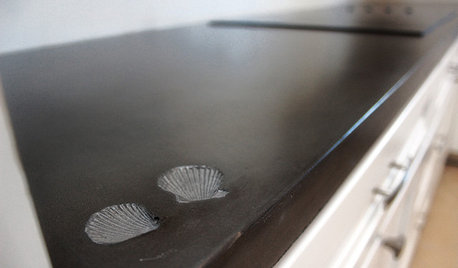
KITCHEN COUNTERTOPSElephants of the Kitchen? What to Know About Concrete Counters
Concrete countertops are beautiful, heavy and cool — and have their own peculiarities. And a lot in common with certain gray pachyderms
Full Story
MOST POPULARWhat to Know About Adding a Deck
Want to increase your living space outside? Learn the requirements, costs and other considerations for building a deck
Full Story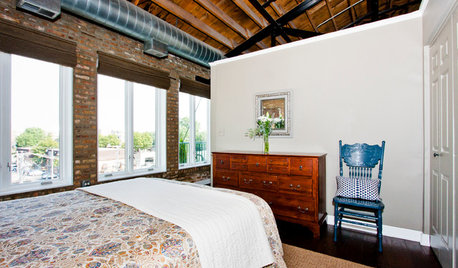
SMALL HOMESHouzz Tour: An Illinois Loft Sparks Renovation Fever
Home improvement newbies (and newlyweds) find joy and a new income source while redoing their space themselves
Full Story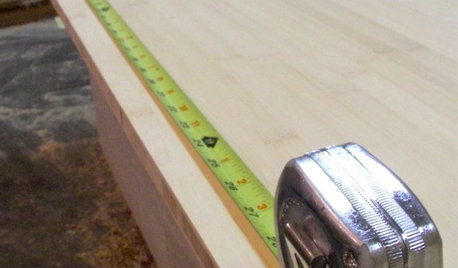
WOODWORKING7 Must-Have Measuring Tools for Woodworking
Whether you're a newbie DIYer or building cabinets from scratch, using the right woodshop tools makes all the difference
Full StorySponsored
Your Custom Bath Designers & Remodelers in Columbus I 10X Best Houzz



drmbear